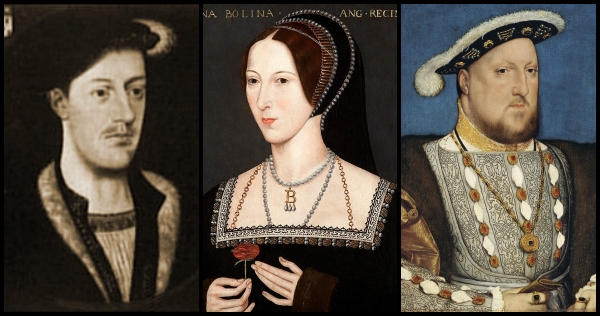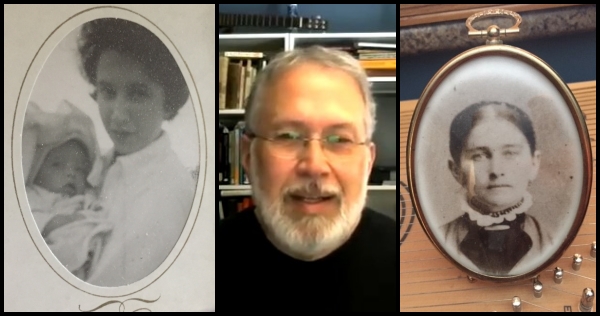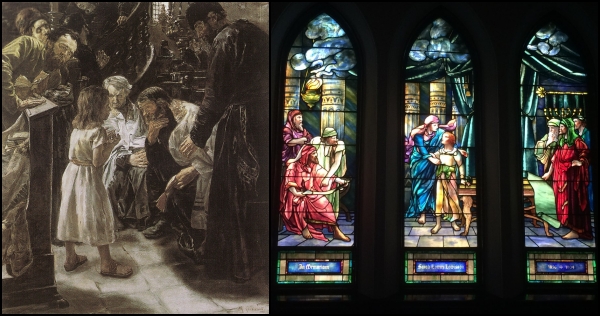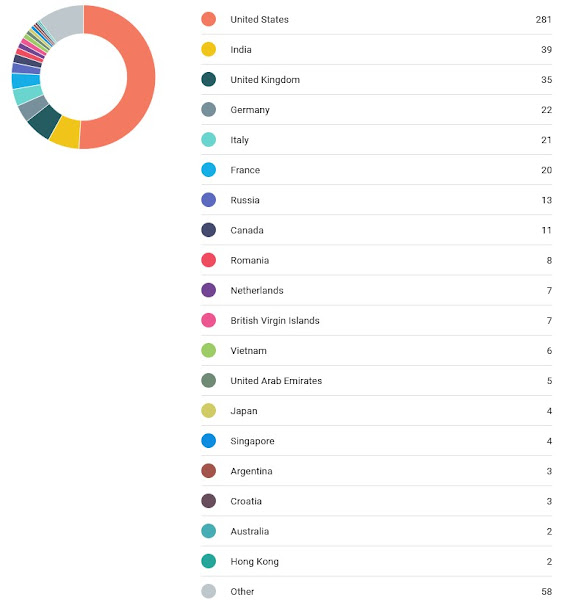The Affair of Gertude and Claudius in light of Anne Boleyn

When audiences and readers in our time encounter Hamlet, they may wonder: What is the fuss about a royal affair, and a queen marrying the brother of her dead husband? Royals had affairs often, and it’s now legal in many places to marry the sibling of a deceased spouse. I have blogged in the past about Claudius, Gertrude, and the adulteries and alleged incest of Henry VIII [1], but it is also important to consider Gertrude and Claudius in light of the accusations of adultery and incest against Anne Boleyn. Many know that Henry’s second wife, Anne Bolelyn, was accused of adultery, incest, and treason, and beheaded for it. Fewer are aware that five men were accused of various things in association with Anne’s scandal (adultery, incest, treason, plotting assassination), and were also executed. These included George Boleyn, Viscount Rochford (the Queen’s brother); Henry Norris, Mark Smeaton (musician at court), William Brereton, and Francis Weston (thought to be his image at left). So not o...






